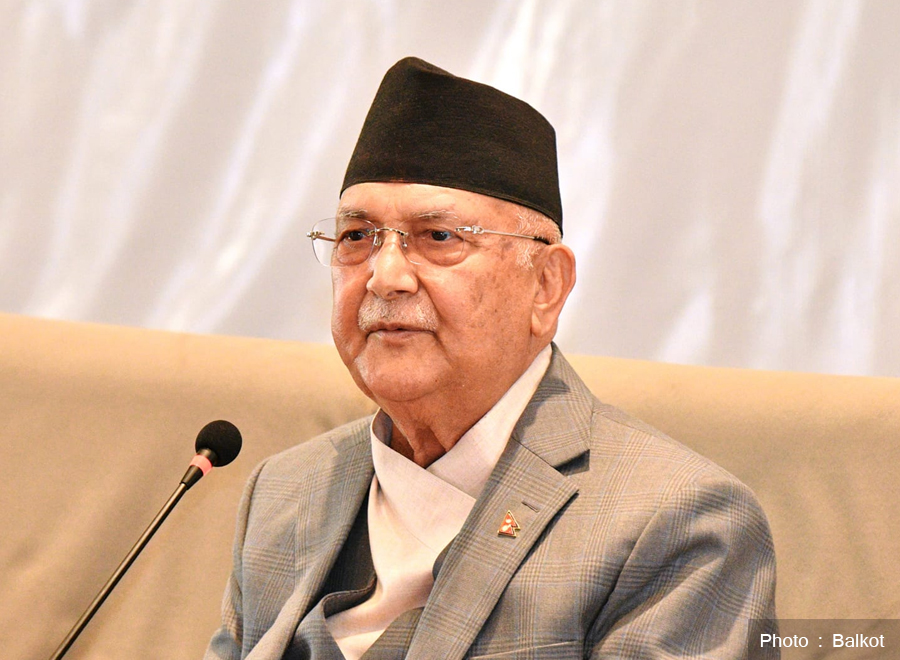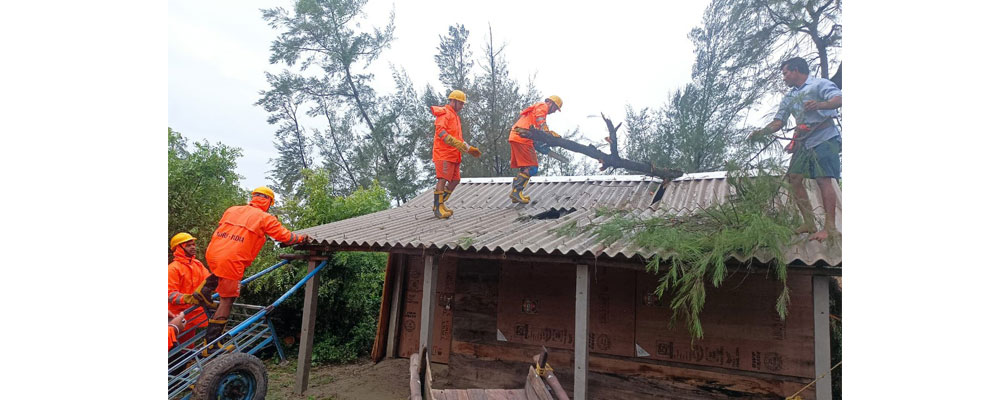About 97 million more people living on less than 2 dollars a day due to the Covid, the World Bank says

London – About 97 million more people are living on less than US$ 1.90 a day because of the Covid 19 pandemic, the World Bank has said.
In an article, a group of World Bank economists said that globally, three to four years of progress toward ending extreme poverty are estimated to have been lost.
The global poverty rate has increased from 7.8 percent to 9.1 percent, they said.
In May this year, the United Nations said that as developed nations spring back to life, the world’s most vulnerable struggle on the sideline.
Many pre-existing vulnerabilities for vulnerable nations were brought into stark relief by the pandemic. These include an over-reliance on a limited number of economic sectors, high levels of debt and challenges in mobilizing public and private finance. With strong support from the international community required, recovery will need to focus on addressing the most critical structural challenges and building the resilience of key economic sectors, the UN Office of the High Representative for the Least Developed Countries, Landlocked Developing Countries and Small Island Developing States said.
Poorer Countries Sidelined
If poorer countries are sidelined in recovery efforts, the global economic loss could be as much as US$ 9 trillion, more than the annual GDP of Japan and Germany combined. This is not just a moral necessity but an economic no brainer. As long as vulnerable nations remain behind, no single country will fully recover, the UN said.
So what needs to be done? The World Bank economists say that tackling increases in inequality and global poverty needs to start by accelerating the economic recovery in low- and lower-middle income countries.
“That means increasing the supply of Covid-19 vaccines to these countries, as their current low vaccination rates are an obstacle to growth…. To ensure that the recovery is equitable and benefits all groups within countries, spending and policies that target women, low-skilled workers and urban informal sector workers are necessary. This includes providing equal access to financial services and technology and investing in safety nets and social insurance,” the authors said.
The article can be accessed at : https://blogs.worldbank.org/developmenttalk/covid-19-leaves-legacy-rising-poverty-and-widening-inequality


















Facebook Comments